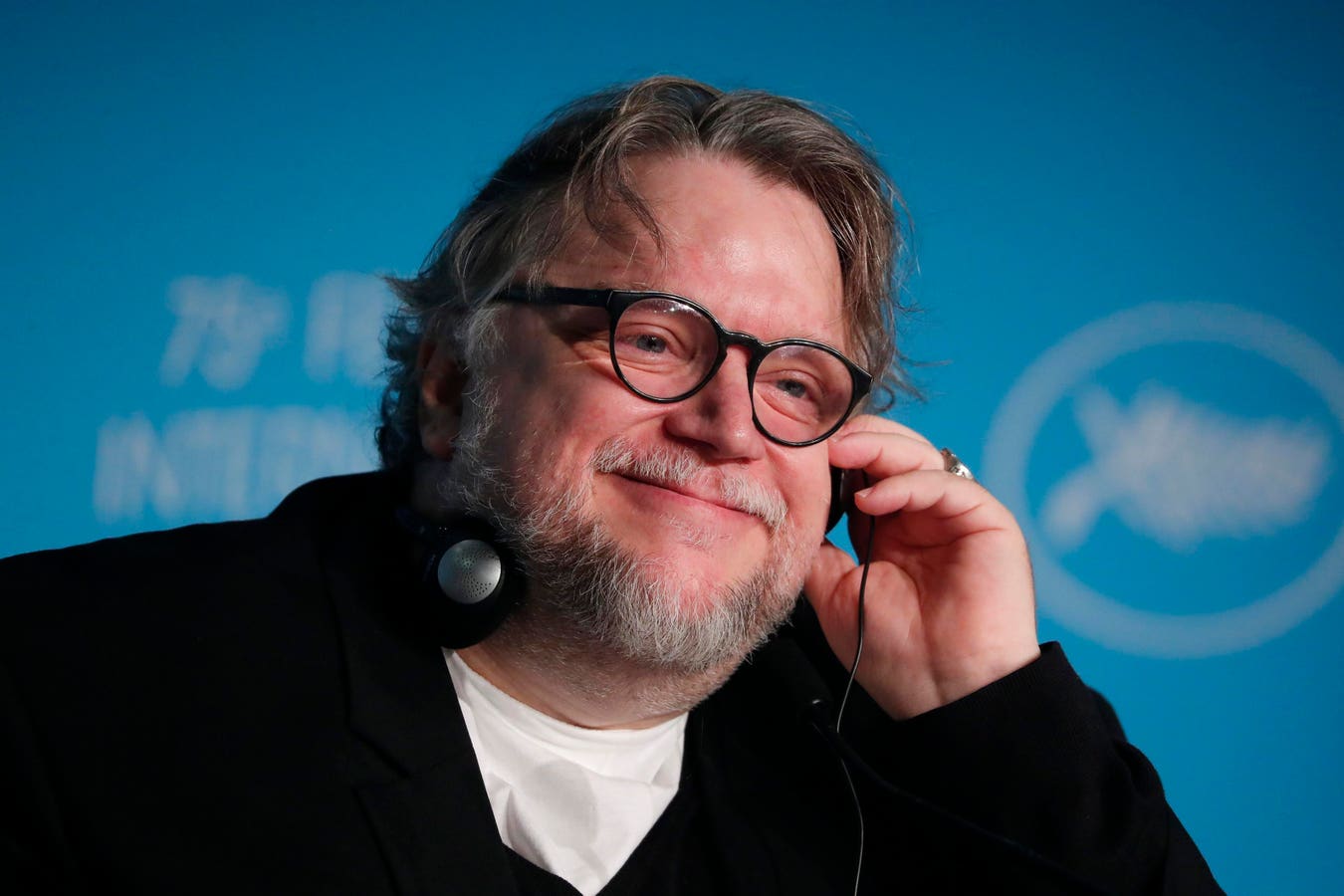Generative AI has sparked much debate over whether the technology is capable of creating true art; director Guillermo del Toro reckons that AI can’t generate anything better than “semi-compelling screensavers.”
What Did Guillermo Del Toro Say About Generative AI?
The Pinnochio and Pan’s Labyrinth director spoke out against the impact of generative AI technology during a talk at the BFI in London.
“A.I. has demonstrated that it can do semi-compelling screensavers. That’s essentially that,” said del Toro.
“The value of art is not how much it costs and how little effort it requires, it’s how much would you risk to be in its presence? How much would people pay for those screensavers? Are they gonna make them cry because they lost a son? A mother? Because they misspent their youth? F**k no.”
The clip of the director spread across social media, attracting praise from fellow artists and AI critics.
This isn’t the first time the director has spoken out against AI. In 2023, del Toro called AI-assisted animation an “insult to life itself,” echoing the words of legendary director Hayao Miyazaki, who was disgusted after watching a presentation featuring AI-generated animation.
“I am not interested in illustrations made by machines and the extrapolation of information,” del Toro told Decider. “I talked to Dave McKean, a great artist. He told me his greatest hope is that AI cannot draw.”
Del Toro joins a chorus of artists who have spoken out against the technology, with many arguing that generative AI was “trained” on countless works of art without consent, and threatens those working in the creative industries by diminishing the value of human labor.
Who Else Has Spoken Out Against Generative AI?
Sci-fi writer Ted Chiang wrote a thoughtful piece for the New Yorker thoroughly dismantling the notion that generative AI could ever produce real art.
Chiang focuses on the lack of intent behind generative AI, arguing that the creation of art is a result of a series of meaningful choices made by the artist; a handful of prompts are not enough to claim ownership of whatever the machine spits out.
Chiang underlines the fact that generative AI is not creating work from a conscious perspective, writing:
“A dog can communicate that it is happy to see you, and so can a prelinguistic child, even though both lack the capability to use words. ChatGPT feels nothing and desires nothing, and this lack of intention is why ChatGPT is not actually using language.”
Transformers director Michael Bay has also dismissed the technology in an Instagram post, writing that AI “doesn’t CREATE it just IMITATES. And will create a whole bunch of lazy people. So to all the Original Creators out there, have No Fear!”
Beyond copyright concerns and questions of artistic integrity, generative AI is incredibly resource-intensive, with data centers consuming a hideous amount of power and water.
Many commentators have compared the rise of generative AI to dead-end, energy intensive tech trends such as the “metaverse” and NFTs.
The energy demands of generative AI are so great that Microsoft is starting up the Three Mile Island nuclear plant to power its servers; indeed, the power-hungry technology has threatened the company’s own sustainability pledges.
“In 2020, we unveiled what we called our carbon moonshot. That was before the explosion in artificial intelligence,” Microsoft president Brad Smith told Bloomberg. “So in many ways the moon is five times as far away as it was in 2020, if you just think of our own forecast for the expansion of AI and its electrical needs.”
Not everyone in Hollywood agrees with del Toro; Andy Serkis, the mo-cap pioneer who played Gollum in The Lord of the Rings, is happily working with the technology.
The recent announcement that Avatar director James Cameron is joining the board of Stability AI prompted disappointed reactions from cinephiles online.
“I’ve spent my career seeking out emerging technologies that push the very boundaries of what’s possible, all in the service of telling incredible stories,” Cameron said in a statement. “I was at the forefront of CGI over three decades ago, and I’ve stayed on the cutting edge since. Now, the intersection of generative AI and CGI image creation is the next wave.”
Some pointed out the irony of Cameron, noted environmentalist and creator of AI-cautionary tale The Terminator, taking the side of Silicon Valley.
Following Cameron’s announcement, del Toro was still fighting the good fight on X (Twitter), describing the digital resurrection of art critic Brian Sewell by generative AI as “repugnant.”
MORE FROM FORBES
Read the full article here





